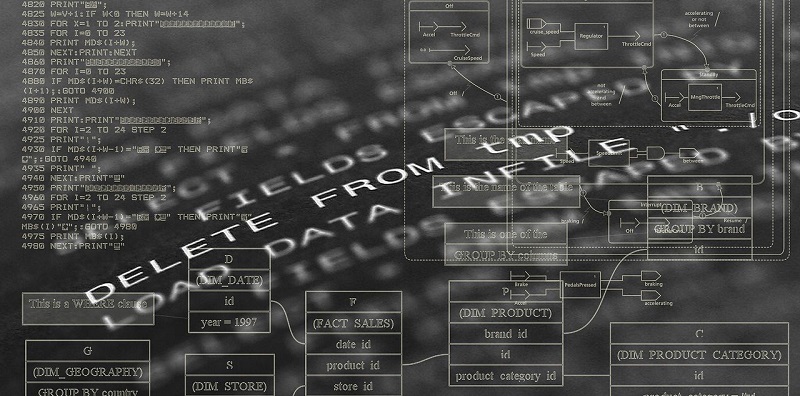Harness, a leading provider of continuous integration/continuous delivery (CI/CD) solutions, has added a range of generative artificial intelligence (AI) capabilities to its platform to reduce manual work in DevOps workflows. The new features are designed to eliminate bottlenecks and save developers time and effort by automating many tedious processes, such as log analysis and error message correlation. Harness CEO Jyoti Bansal said this is just the beginning, predicting that generative AI will drive a 30% to 50% increase in DevOps productivity across the entire software development life cycle (SDLC).
AI Development Assistant (AIDA) Helps Analyze Logs and Correlate Errors
One of the key new features in Harness’ platform is the AI Development Assistant (AIDA), which analyzes log files and correlates error messages with known issues. This algorithmic feature can save developers and DevOps teams a significant amount of time, as it automates the historically tedious and time-consuming task of manually analyzing logs to identify the root cause of errors. By training large language models (LLMs) with publicly available sources, AIDA is able to provide more accurate and efficient log analyses, greatly reducing the workload.
AI-powered governance and security capabilities
Another important use case for generative AI in DevOps workflows is governance. To help manage cloud assets and costs, Harness is launching natural language policies that use AI to identify which applications are assigned to which cloud resources and can provide documentation of the governance policies and compliance measures being enforced. This feature leverages generative AI to simplify the process of defining governance policies and ensure that they are being enforced throughout the entire application development life cycle.
The added generative AI capabilities include an AI Development Assistant (AIDA)
Additionally, AIDA also has the ability to automatically identify security vulnerabilities, which is one of the most critical tasks in application development and DevOps. When new vulnerabilities are discovered, AIDA can generate code fixes automatically, saving developers time and ensuring that security gaps are quickly addressed. This goes a long way in reducing workload and leaves developers with more time to focus on more important tasks.
Automated code reviews and chaos engineering experiments
In addition to its current features, Harness is also working on additional generative AI capabilities that will be implemented into AIDA within the next three to six months. Two of these capabilities include automated code reviews and chaos engineering experiments. Automated code reviews involve training LLMs on successful coding techniques to normalize coding standards and reduce errors in code submitted for review and acceptance. Through this process, AIDA will be able to screen code, identify areas that need to be fixed, and even suggest the best way to rectify the issue if asked.
Leveraging Generative AI to Improve DevOps Efficiency
Harness has identified the need to leverage generative AI throughout the entire SDLC, not just in the developer stage. To achieve this, the company has applied AI and machine learning to automate many DevOps processes that have traditionally been highly manual, time-consuming, and error-prone. Today, many DevOps teams rely on AI to manage workflows and eliminate bottlenecks caused by manual processes. The future of automation in DevOps includes the use of AI-powered solutions designed to streamline processes and improve efficiency, which is exactly what Harness is working on providing.
Harness has integrated generative AI capabilities into its CI/CD platform to enhance the DevOps processes and streamline workflows. By applying AI to DevOps, developers have more time to focus on innovation and other business-critical functions. The introduction of new features, such as AIDA, natural language policies for governance, automated code reviews, and chaos engineering experiments, all work towards the goal of simplifying DevOps workflows and reducing the operational burden. There’s no doubt that AI is making a significant impact on DevOps, and Harness is at the forefront of this trend.

